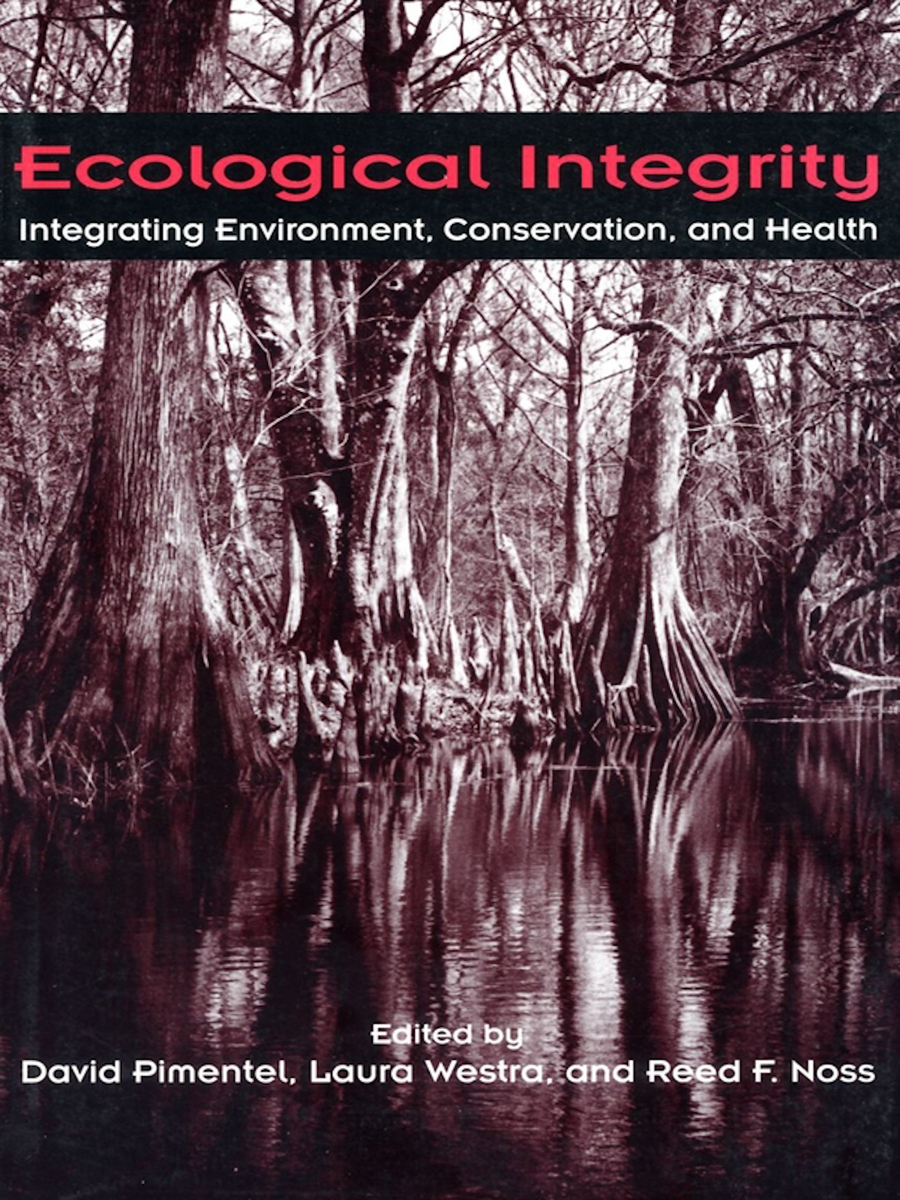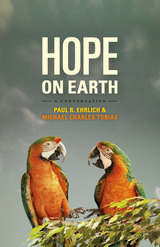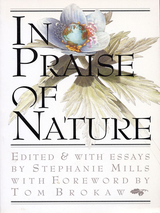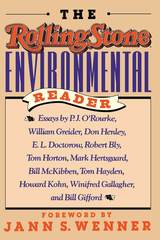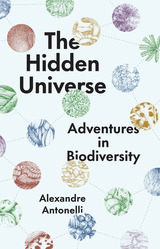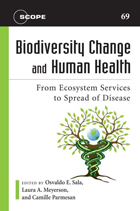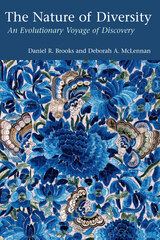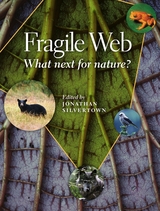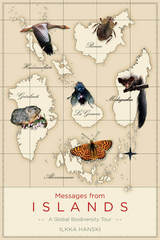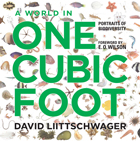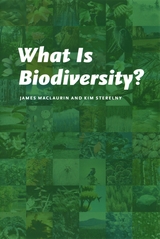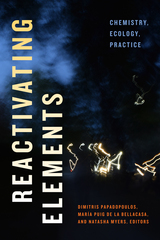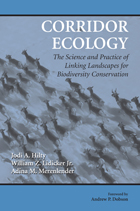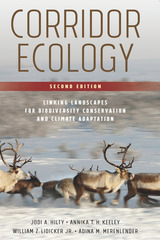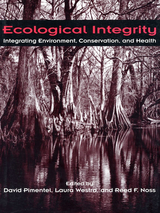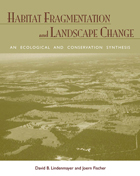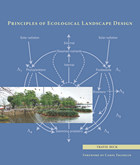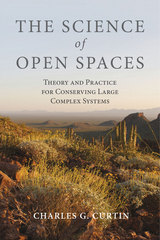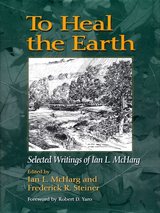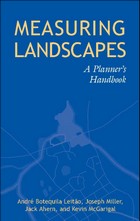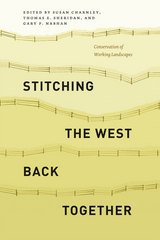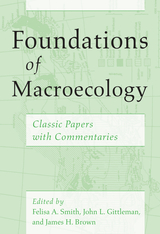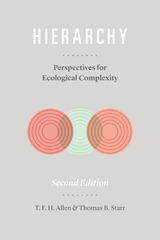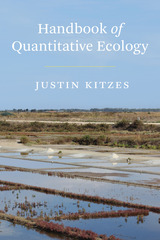eISBN: 978-1-61091-063-7 | Cloth: 978-1-55963-807-4 | Paper: 978-1-55963-808-1
Library of Congress Classification QH541.15.E245E36 2000
Dewey Decimal Classification 304.2
Global Integrity Project has brought together leading scientists and thinkers from around the world to examine the combined problems of threatened and unequal human well-being, degradation of the ecosphere, and unsustainable economies. Based on the proposition that healthy, functioning ecosystems are a necessary prerequisite for both economic security and social justice, the project is built around the concept of ecological integrity and its practical implications for policy and management.
Ecological Integrity presents a synthesis and findings of the project. Contributors -- including Robert Goodland, James Karr, Orie Loucks, Jack Manno, William Rees, Mark Sagoff, Robert Ulanowicz, Philippe Crabbe, Laura Westra, David Pimentel, Reed Noss, and others -- examine the key elements of ecological integrity and consider what happens when integrity is lost or compromised. The book:
- examines historical and philosophical foundations of the concept of ecological integrity
- explores how integrity can be measured
- examines the relationships among ecological integrity, human health, and food production
- looks at economic and ethical issues that need to be considered in protecting ecological integrity
- offers concrete recommendations for reversing ecological degradation while promoting social and economic justice and welfare
.
Contributors argue that there is an urgent need for rapid and fundamental change in the ecologically destructive patterns of collective human behavior if society is to survive and thrive in coming decades.
Ecological Integrity is a groundbreaking book that integrates environmental science, economics, law, and ethics in problem analysis, synthesis, and solution, and is a vital contribution for anyone concerned with interactions between human and planetary health.
See other books on: Conservation | Ecological integrity | Health | Health & Fitness | Noss, Reed F.
See other titles from Island Press
